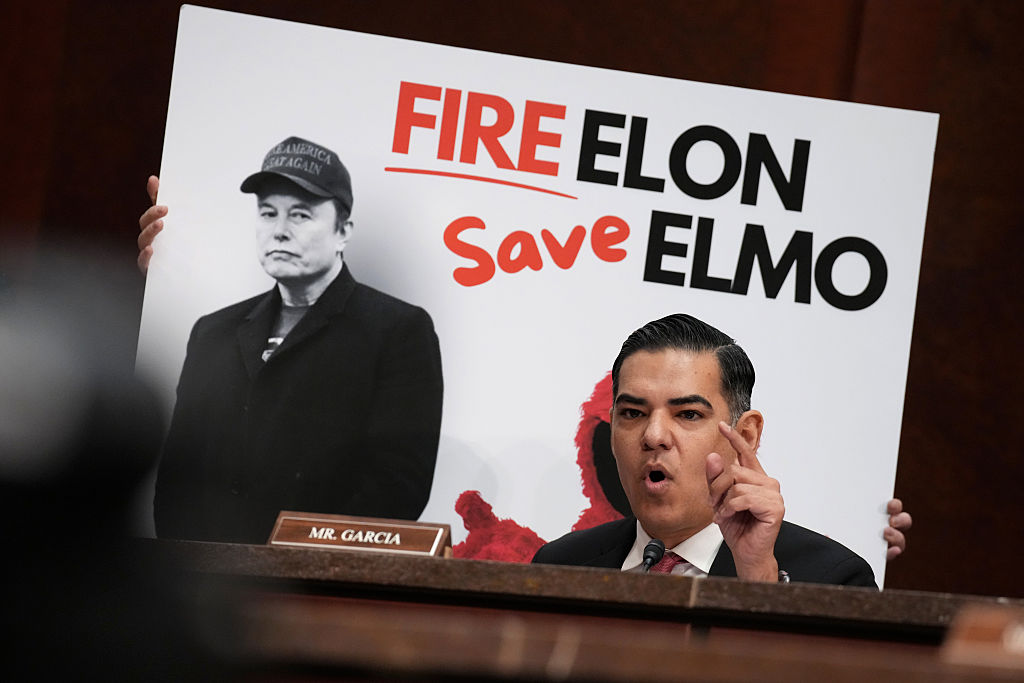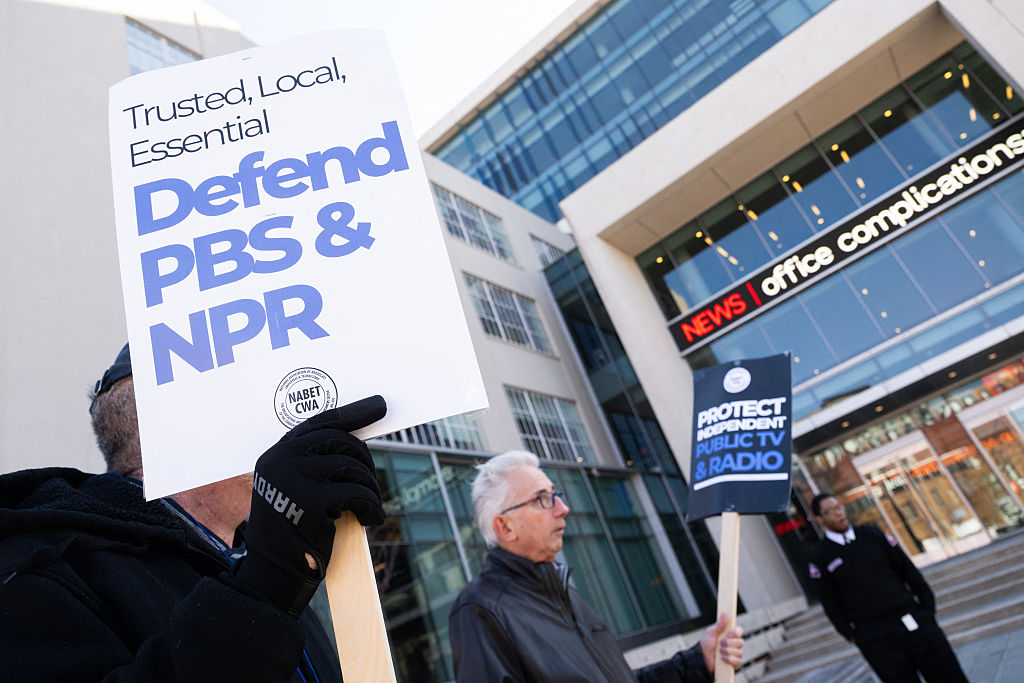Public broadcasting in the United States may look radically different going forward, as President Donald Trump has issued a new executive order to end funding for the Public Broadcasting Service (PBS) and National Public Radio.
These two major sources of public news and education have been attacked by conservatives in the past, and Trump appears set to “defund” them, though the extent to which he can carry out this order remains to be seen.
Trump calls for funding cut, investigations of NPR, PBS
Trump issued an executive order Thursday ordering the Corporation for Public Broadcasting “to cease Federal funding for NPR and PBS,” the public broadcasting entities that collectively support public radio and television stations and programs across the country. The order specifies that the CPB is to end both “direct” and “indirect” funding for NPR and PBS, “including by ensuring that licensees and permittees of public radio and television stations, as well as any other recipients of CPB funds, do not use Federal funds for NPR and PBS.” In justifying these cuts, the order criticizes the two broadcasting organizations, arguing that “neither entity presents a fair, accurate, or unbiased portrayal of current events to taxpaying citizens.”
Trump’s order also indicates that NPR and PBS will be investigated for discriminatory practices. “The Secretary of Health and Human Services shall determine whether ‘the Public Broadcasting Service and National Public Radio (or any successor organization)’ are complying with the statutory mandate that ‘no person shall be subjected to discrimination in employment . . . on the grounds of race, color, religion, national origin, or sex.’” The order threatens potential action if NPR or PBS are found by the administration to have violated employment regulations.



Legal and political fights over public broadcasting
Trump and other conservatives have long sought to “defund” NPR and PBS over what they claim to be biased news coverage and promotion of left-wing agendas, while the organizations have denied these allegations. Trump’s order qualifies the demands against NPR and PBS by stating that they will be carried out “to the maximum extent allowed by law,” a possible acknowledgement that Trump may not have the authority to make such moves. Although the CPB was established by Congress in 1967 in order to fund public broadcasting, the entity was created as a private organization in order to shield it from governmental control. The White House is already in a legal fight with the CPB, as the organization sued the Trump administration earlier this week after the president attempted to fire three of its board members.
Trump may also face political pushback in his fight against NPR and PBS. During his first administration, Trump attempted to push to defund NPR and PBS in the federal budget, but Congress continued to support the two organizations through the CPB, which provides over $500 million for public broadcasting every year. NPR and PBS remain popular, especially at the local level. NPR and PBS support popular programs such as PBS NewsHour and Nova, as well as the NPR Tiny Desk concert series. Cutting funding for the organizations could endanger some of its programming as well as the ability of public radio and television stations to remain open, especially in rural areas.
Nevertheless, the Trump administration seems adamant about pursuing its campaign against PBS and NPR. After launching an FCC investigation against the two organizations earlier this year, Trump now seeks to cut off the federal funding that supports their operations, potentially setting up a new round of legal and political battles over public broadcasting in the U.S.
